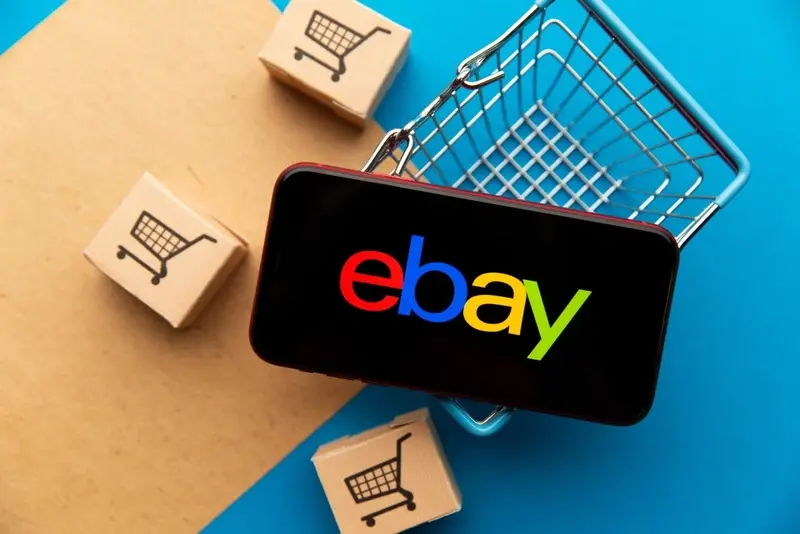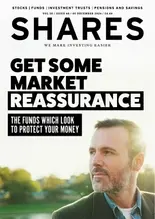
While a 75 basis point increase in interest rates from the US Federal Reserve had been widely anticipated by the markets, the harsh rhetoric from its chair Jerome Powell had not.
Powell left investors in no doubt of the Fed's commitment to battling inflation and that hopes of a pivot away from rate hikes were, once again, premature.
This helped put Wall Street under pressure and nipped October's modest rally in US stocks in October firmly in the bud.
The technology-heavy Nasdaq index was particularly weak, reflecting its greater sensitivity to rate increases.
Shares in medical technology firm Abiomed (ABMD:NASDAQ) surged as Johnson & Johnson (JNJ) came in with a $16.6 billion bid. Plane maker Boeing (BA:NYSE) moved higher as it outlined ambitious medium-term targets for growth and cash flow.
Speciality healthcare solutions business Catalent (CTLT) was looking sickly as it posted a big drop in earnings on flat revenue. Earnings per share was just $0.34 against a consensus forecast of $0.58.
AIRBNB
Investors in Airbnb (ABNB) suffered a rude awakening this week as its shares crashed despite the hospitality firm posting its biggest and most profitable quarter to date.
Revenues rose 29% to $2.9 billion, the highest since the company began operations, while net income increased 46% to $1.2 billion, also a record, demonstrating the firm's ability to ‘drive growth and profitability at scale’ as co-founder and chief executive Brian Chesky put it.
However, both figures were below market expectations and the outlook for the fourth quarter triggered concerns over growth and the level of fee income.
Despite relentlessly upbeat commentary from the chief executive on the recovery in travel, and supporting evidence from companies such as American Express (AXP:NYSE) and Visa (V:NYSE), Airbnb shares have lost more than 40% of their value this year.
There have been growing complaints from guests that charges added to the nightly rate for items such as cleaning on top of the firm's own fees mean listings can be misleading.
EBAY/ETSY
After Amazon's (AMZN:NASDAQ) poorly received third-quarter numbers investors must have been hiding behind the sofa ahead of Q3's from Ebay (EBAY:NASDAQ) and Etsy (ETSY:NASDAQ) during the past week. Yet a post-Halloween horror show did not happen, quite the opposite.
Ebay beat analyst consensus earnings and revenue estimates by 7.5% and 3% respectively, at $1 and $2.4 billion, although Gross Merchandise Volume of $17.7 billion fell 11% compared to last year.
Online marketplace for crafts and artisan goods Etsy also beat the Street, with its $594.5 million revenue up 11.7% from a year ago, and well ahead of both the company's target range ($540 million to $575 million) and analyst estimates of $564.5 million.
Again, GMV took a knock year-on-year, down 3.3% to $3 billion, but even that was at the high end of Etsy's projected range of $2.8 billion to $3 billion.
Given the gloomy mood swirling round retail right now, both Q3 updates got a firm thumbs-up from investors, with Ebay shares up close on 3% but Etsy surging more than 14% in response. Investors have more reason to hope that parts of the retail sphere might do OK in the Christmas run-in.
PFIZER
Drug company Pfizer (PFE:NASDAQ) pleased investors after beating third quarter revenue and earnings expectations and raising full-year guidance, giving the shares a 3% boost in pre-market trading.
Despite revenues declining 6% year-on-year to $22.6 billion, impacted by tough comps and currency headwinds, they were around 7% ahead of Street estimates. Earnings per share of $1.71 were comfortably higher than $1.40 consensus forecasts.
Pfizer raised the bottom-end of full-year revenue guidance to between $99.5 billion-to-$102 billion while raising and narrowing adjusted diluted earnings per share guidance despite currency headwinds to $6.40-to-$6.50.
Some of the anticipated revenue increase is expected to come from higher Covid-19 booster vaccine sales with projections boosted by $2 billion to $34 billion overall.
Meanwhile the company maintained its full-year sales forecasts for Covid-19 drug Paxlovid at $22 billion.




